The Health Check-Up Market is characterized by a dynamic competitive landscape, driven by the demand for preventive healthcare and routine check-ups among consumers. The increasing awareness of chronic diseases and the importance of regular health monitoring has prompted diverse players to innovate and expand their services. Major players in the Health Check-Up Market are focusing on providing comprehensive health packages that cater to different demographic segments while emphasizing affordable pricing and accessibility.
Technological advancements also play a critical role, enabling the integration of telemedicine and digital health solutions to enhance patient engagement. The Health Check-Up Market industry is witnessing strategic collaborations, mergers, and acquisitions as companies strive to expand their geographic reach and service offerings. Leading Health Check-Up Market players are investing substantially in research and development activities to introduce advanced diagnostic tools and health monitoring systems, which has further intensified competition in the sector.
As the market continues to evolve, the focus on personalized healthcare services represents a significant trend, with companies adapting their approaches to meet individual patient needs systematically. This competitive landscape is further enhanced by the advent of health apps and online platforms that facilitate seamless appointment scheduling, data sharing, and follow-up consultations, significantly changing how health check-ups are perceived and conducted. In the context of a leading company in the Health Check-Up Market, HealthPlus stands out through its comprehensive approach to preventive healthcare.
This company emphasizes the development of all-inclusive health screening packages that target various health concerns, including metabolic, cardiovascular, and cancer screenings. HealthPlus leverages its extensive network of clinics and healthcare professionals to offer personalized consultations, ensuring patients receive tailored advice based on their individual health profiles. The company has embraced technology to streamline operations, utilizing health management software to enhance patient record-keeping and appointment scheduling.
This innovative use of digital solutions amplifies patient experience, making health check-ups more accessible and less cumbersome. HealthPlus's commitment to quality care and patient education positions it as a significant player in the Health Check-Up Market, allowing it to maintain a strong competitive edge amidst rising healthcare demands. On the other hand, MediScreen represents a formidable competitor within the Health Check-Up Market. Known for its efficient and standardized health check-up protocols, this company appeals to a broad audience by offering convenient and effective screening services in both rural and urban settings.
MediScreen prioritizes community outreach initiatives and affordability, ensuring that its health check-up services are within reach for diverse populations. The company has established partnerships with local healthcare providers, enhancing its service delivery and expanding its geographic footprint. By incorporating a wide range of health assessments within its packages and leveraging data analytics, MediScreen can track trends and tailor its offerings to meet the evolving needs of its clientele.
Moreover, its customer-centric approach and consistency in service delivery have garnered a loyal customer base, solidifying MediScreen's position as a worthy competitor in the Health Check-Up Market, where flexibility and reliability are key determinants of success.


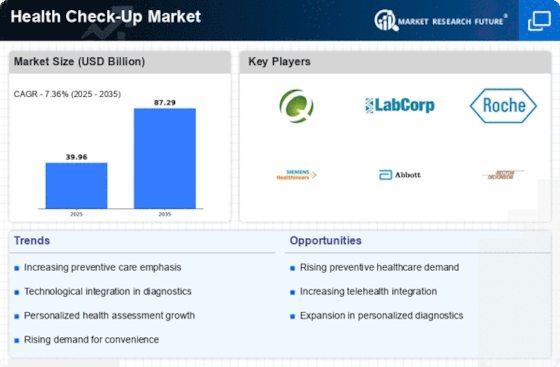
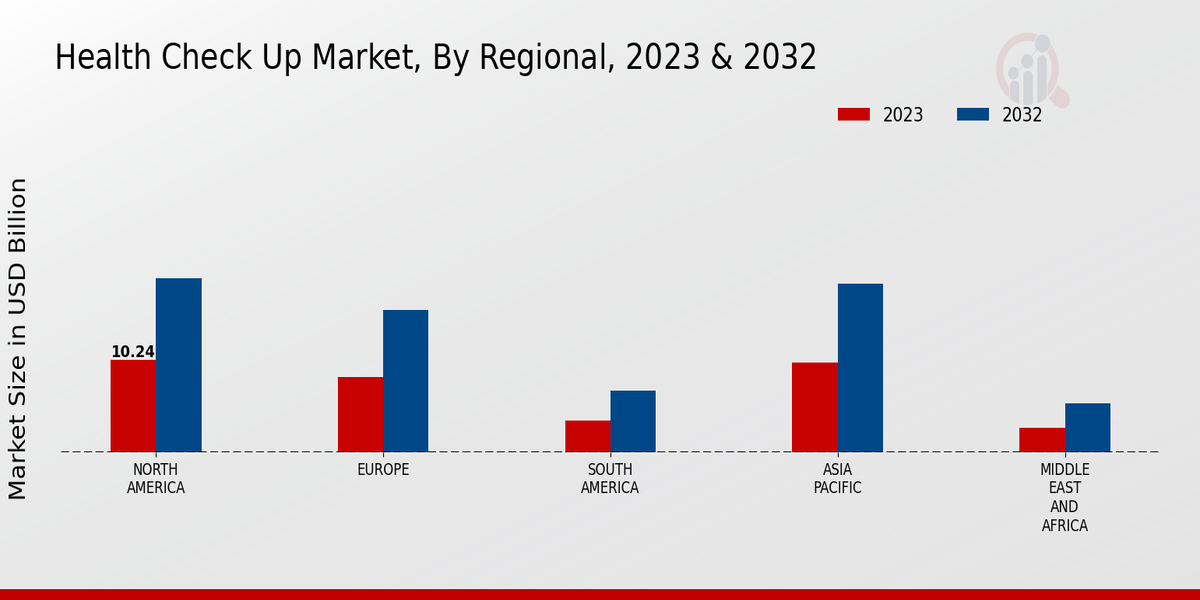

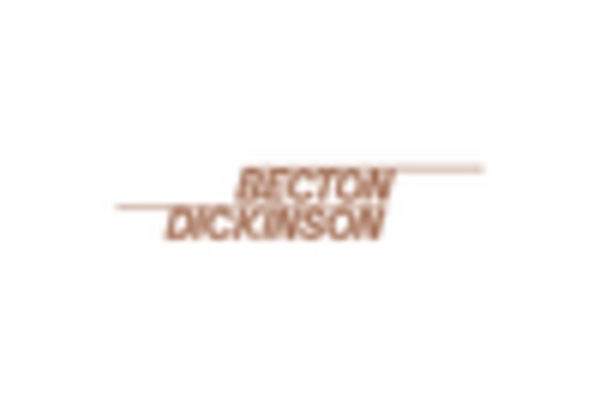
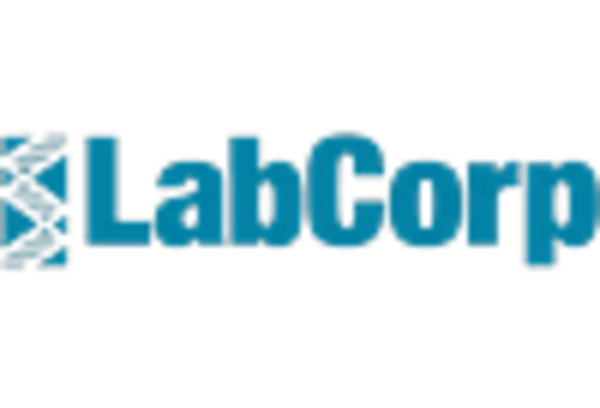
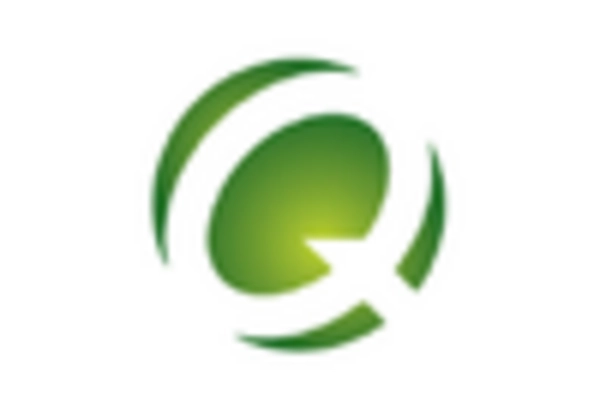










Leave a Comment